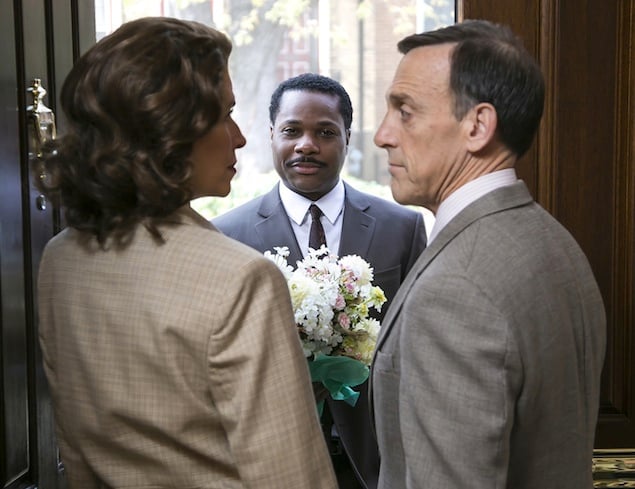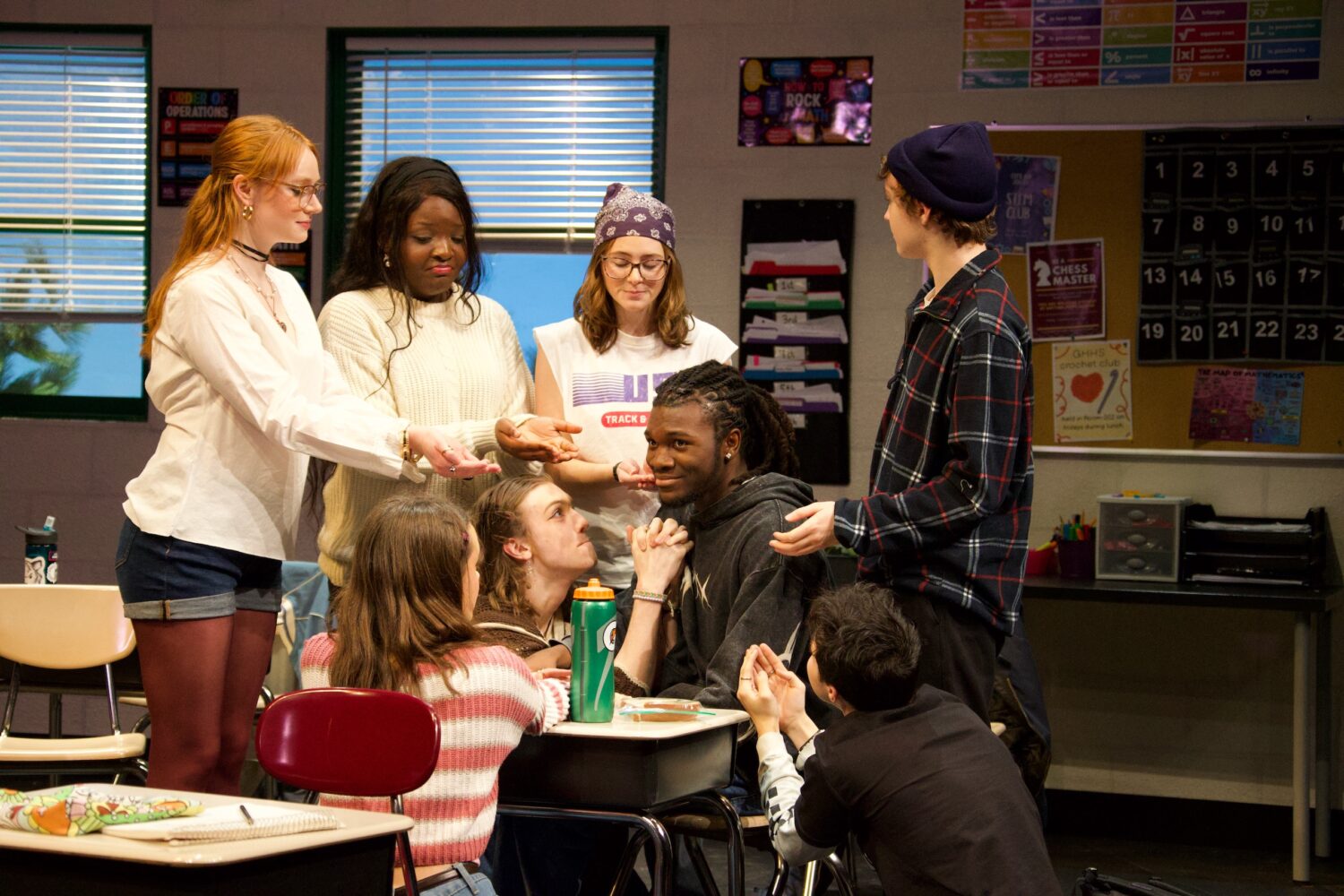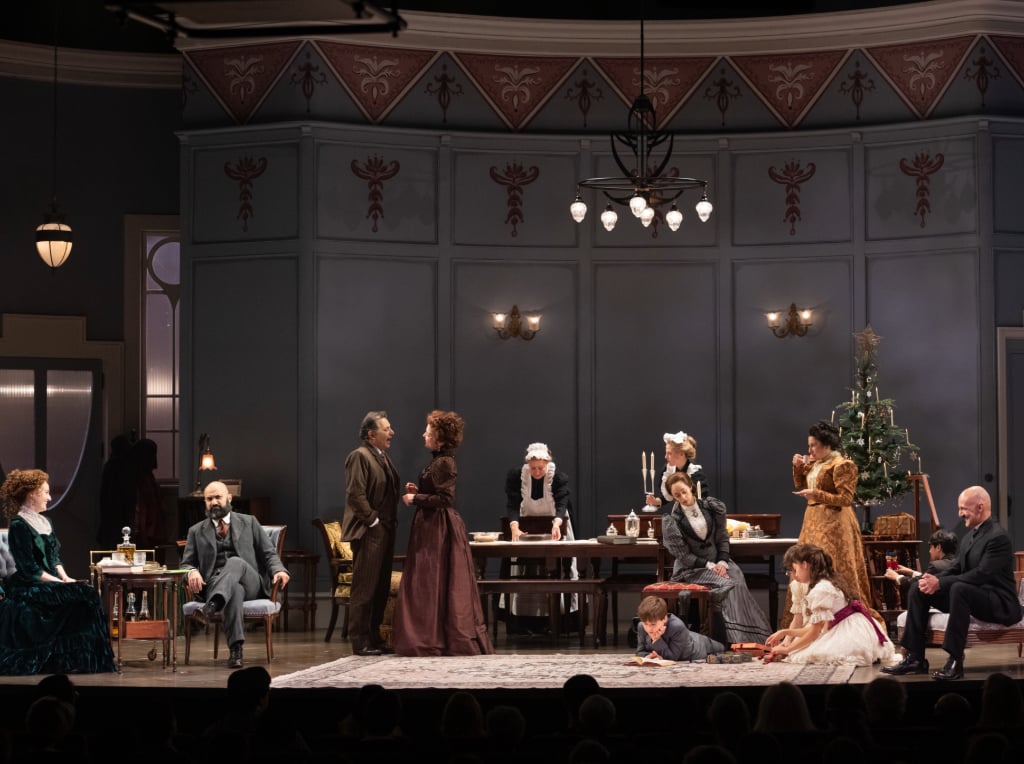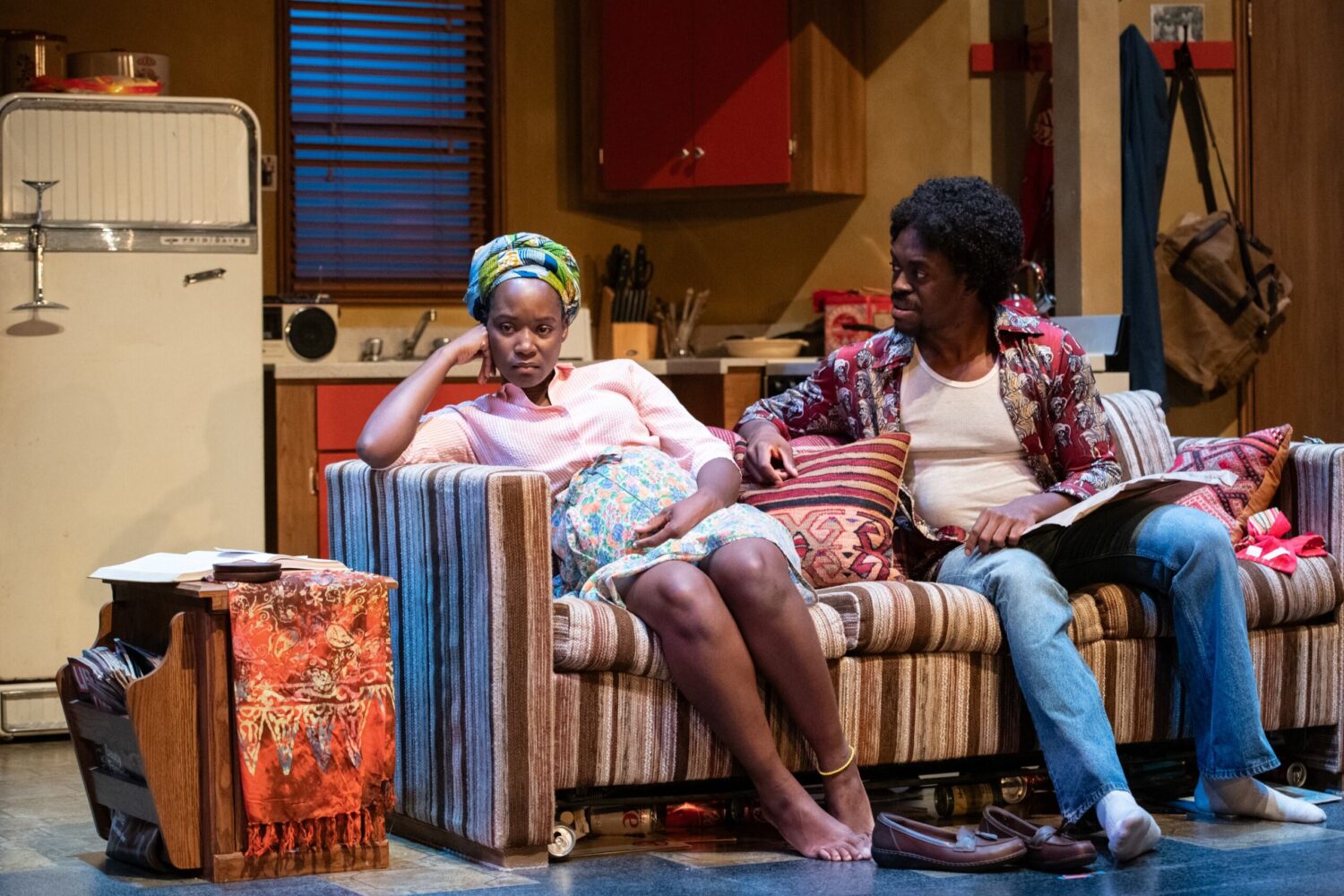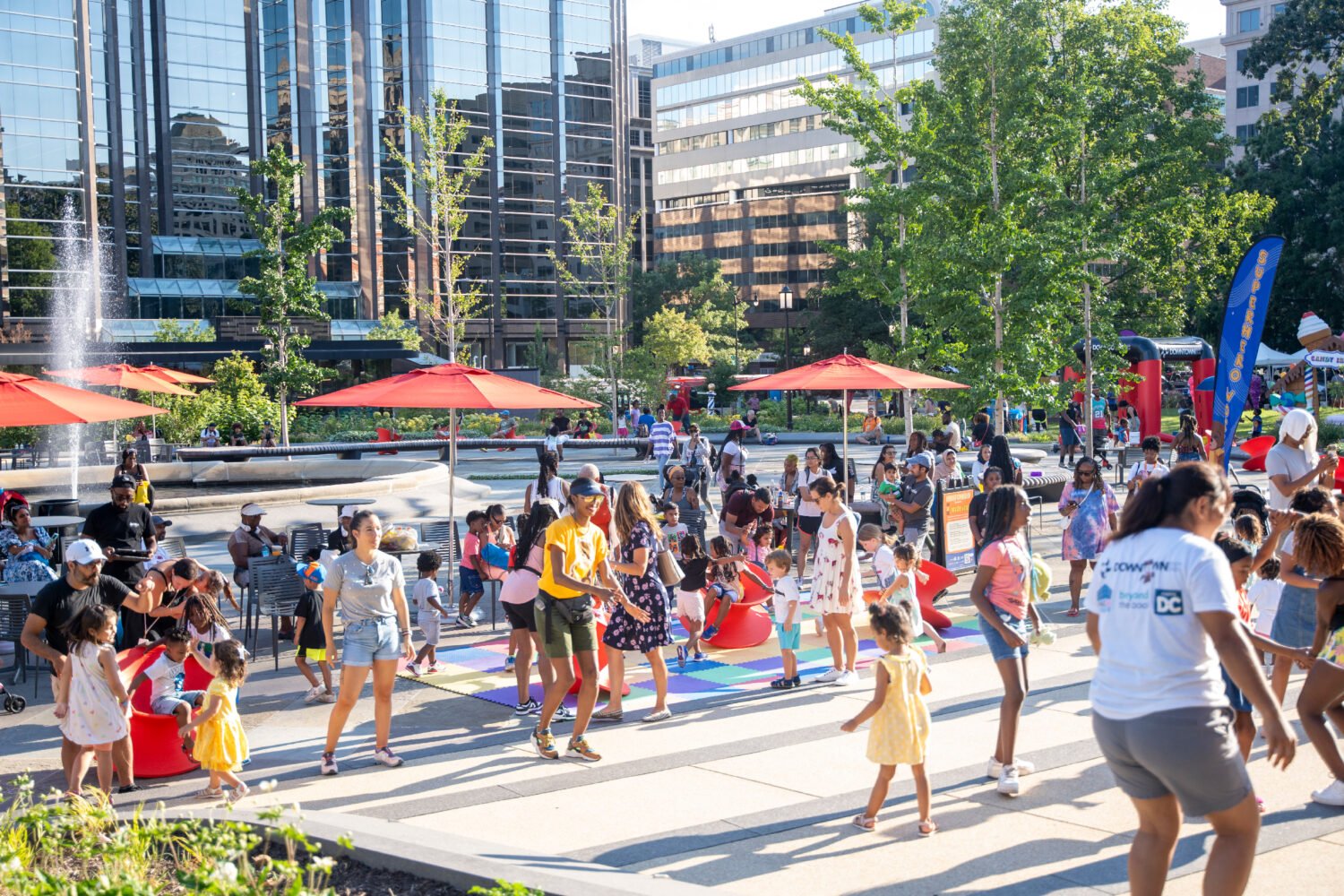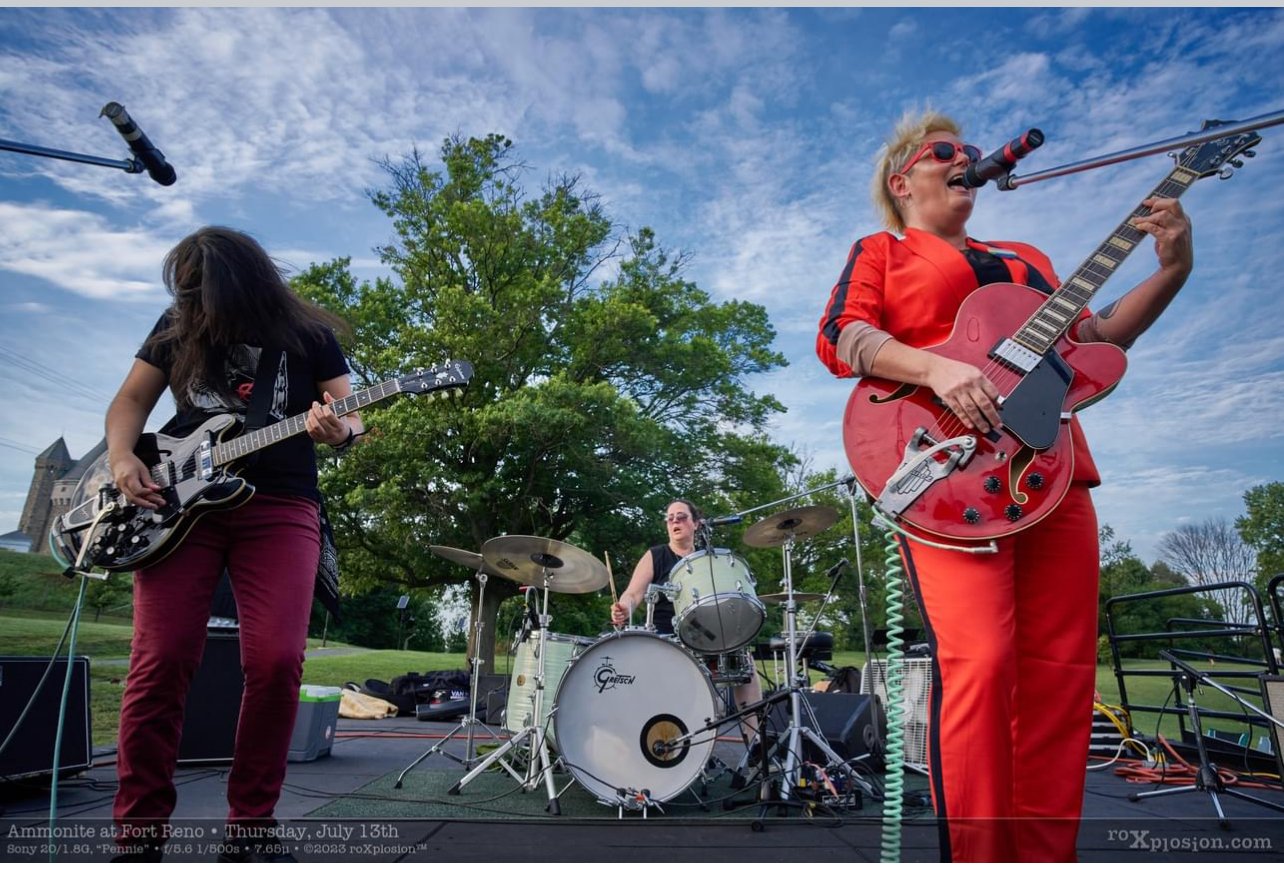Malcolm-Jamal Warner once told National Geographic that what got him his role as Theo on The Cosby Show was his ability to take direction. It’s a skill he’s been using a lot during rehearsals for Arena Stage’s upcoming production of Guess Who’s Coming to Dinner?, a new theatrical adaptation of the 1967 movie that starred Sidney Poitier, Katharine Hepburn, and Spencer Tracy. Warner plays Poitier’s character, John, a doctor who arrives to meet the parents of his white fiancée and is obliged to deal with the fallout over their interracial relationship from both sides of the family.
The adaptation by Todd Kriedler (based on the original screenplay by William Rose) was first staged in a 2012 production at Atlanta’s True Colors Theatre directed by Broadway and television regular Kenny Leon. While some of the original cast members remain, Warner is a newcomer to the show, along with director David Esbjornson. We talked with Warner about reinventing a classic 50 years after it first reached audiences, returning to theater, and how his cultural heritage helped him prepare for the role.
When did the opportunity of being in this show come up, and what appealed to you about it?
It was a couple of months ago, back when Kenny Leon was still involved, and it was one of those situations where there really isn’t a whole lot to think about. It’s kind of like, Yeah, sure, I’ll read the script first but I’m probably going to say yes anyway. It’s a great opportunity to take this classic movie and reprise it onstage, and of course having grown up with and been so inspired by Sidney Poitier, it’s an honor to be able to do a role of his.
In the film your character, John, is pretty much beyond reproach—he’s this amazing ideal of a man. Is he the same way in the play?
I think those attributes still remain in terms of his accomplishments as a doctor. But we also have an opportunity [to do more], because the racial climate when the movie came out meant there was only so far they could take it, and they had to tread lightly with the subject matter. Though we’re not making it a heavy story, exactly, we do have the opportunity to deal with the seriousness of the issue and the seriousness of everyone’s reactions to it. With my character in particular there’s the chance to go a little deeper into his life and his relationship with his father, so there’s another dimension to it. Here’s this guy with all these accomplishments, but his parents’ approval is still very important to him. There’s a great dynamic that we get to deal with in his having to stand up to his father in terms of the personal decisions he makes, and there’s a great emotional journey we get to take with the character that we didn’t get to see in the movie.
Fifty years ago, when this movie came out, the culture was obviously enormously different. Have you talked together as a cast about how you not necessarily keep it from being dated, but how you can make it connect with contemporary audiences?
I think what makes it more compelling is the fact that we’re not treading lightly with the material or the subject matter. Though the humor and the wit is still there because it’s in the script, we’re not playing anything for comedy.
Then again, 50 years ago people probably would have hoped we’d be a lot further along than we are now.
Definitely. We still live in a world where people claim to be liberals, but then when they come face to face with something it turns out they’re not as liberal as they purported to be.
What’s it like being back in the theater world?
I love it. Theater is definitely my favorite platform. Television is definitely my favorite paycheck, however. But the concept of being able to actually spend time developing a character with the same actors, and to have a couple of weeks together on the floor—there’s a certain texture that happens that you can’t find written on the page, or in the way sitcoms are shot with one day of rehearsal.
When was the last time you did theater?
About six years ago. I started out in theater. I think every actor worth his salt revisits theater every few years.
What have you taken from the rehearsal process so far?
Some of the cast did the production in Atlanta, but because David [Esbjornson] has come in, he’s coming at it with a very different approach from the movie and from the earlier stage production of the play. Even for cast members who’ve done the show, there’s a deprogramming to do to work with this new interpretation.
Did you do anything in particular to prepare for your role?
Of course I’ve watched the movie again, and I’m watching different movies from that time period in the ‘60s, and listening to music, and doing some research in terms of reading. The ’60s are really a period that I’ve spent my life reading about. My father named me after Malcolm X and Ahmad Jamal, and from six, seven years old he was making me read about Langston Hughes, Richard Wright, Marian Anderson, because he wanted me to have a real sense of my history and where I came from. So the ’60s are a very familiar period for me.
You talked a little bit about David Esbjornson coming in and taking over from Kenny Leon. Was that disruptive at all?
It’s not disruptive so much as it’s exciting. On the one hand, the cast who’ve done the show before have a slight advantage, but with David’s different take, everyone’s at square one. It’s really evened out the playing field.
How are you liking being in Washington?
It’s great, but I see the theater, my apartment, Safeway, Whole Foods, and Target. That’s the extent of my Washington visit so far. But my band has played here several times, and I have friends here, so I’ve hung out in the city before.
What’s next for you after this?
I’m in the middle of finishing up this third CD with my band, so between this show and the music I’m pretty focused. Then, when I finish up here it’s back to LA for the pilot-season grind.
What do you hope people take away from the show?
I think people who are familiar with the movie are going to be pleasantly surprised with the depths to which David’s taken it. I think people will definitely be able to relate to the concept of a liberal being forced to face how they may not be that liberal after all. I think the play still speaks to that issue.
Guess Who’s Coming to Dinner is at Arena Stage November 29 through January 5. Tickets ($55 and up) are available via Arena’s website.

